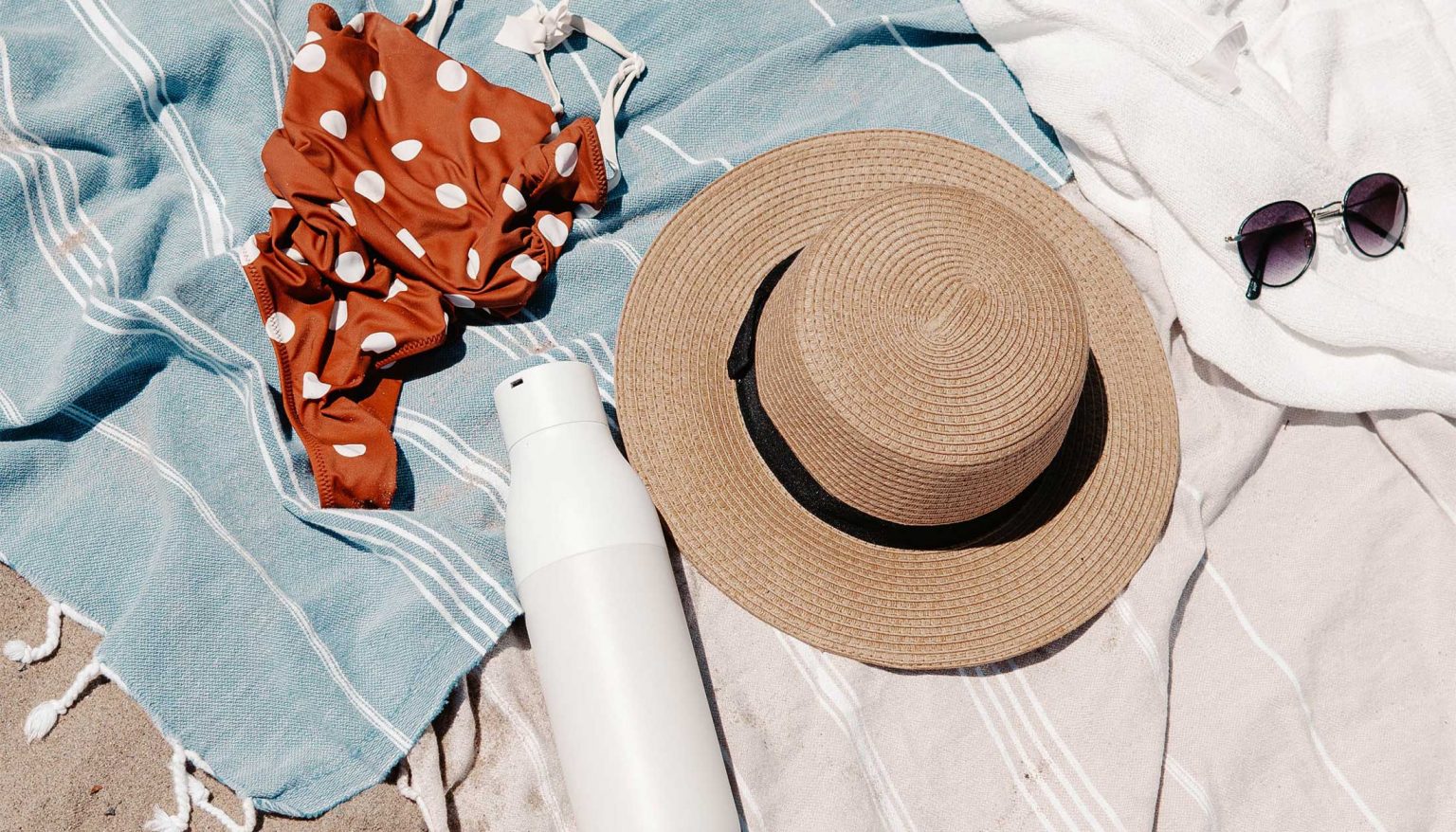
Posted On: July 13, 2021
Recently, I went to see my dermatologist, and she noticed a small area on my leg which didn’t look right. She did a shave biopsy. It turned out to be a skin cancer lesion known as basal cell carcinoma. She was able to treat it with cryotherapy (or freezing) the area close to the skin lesion. This experience brought reality closer to home. All those years spent trying to tan my Irish/British skin had more consequences than simply lots of freckles.
We now understand the harmful effects of ultraviolet radiation much better than we used to. July has been designated Ultraviolet (UV) Safety Awareness month. This July, I would like to share ten tips on how to stay safe in the summer sun. Many of these may be familiar, while others may not. (If you are interested in a more in-depth discussion, tune in for a Facebook Live conversation July 20 with dermatologist Lina Naga, MD here ).
Finally, I want to make an important note about tanning and sunbathing. The concept of a base tan is a myth, providing only the equivalent protection of an SPF 3 or 4 sunblock. No amount of tanning will ever actually change your skin tone. All those days spent working on the “perfect tan” will more likely lead to premature aging, wrinkles, or worse.
So, this summer why not embrace your natural skin tone? Better to love your skin this season and all year long by taking steps to protect it. You may be interested in this personal story, A Tan Is Not a Sign of Health by Sharon McKenna, a melanoma survivor, to learn more about the dangers of tanning and how to be happy in your own skin. Stay safe and enjoy your summer!

April is National Oral Health Month! Did you know? A healthy smile is more than just a cosmetic asset—it's a cornerstone of overall wellness! 🦷✨ From reducing the risk of heart disease to enhancing mental health, oral health plays a pivotal role in our wellness journey. Let's prioritize those dental check-ups and daily oral care routines for a happier, healthier you!

Multiple sclerosis (MS) is a chronic autoimmune disease of the central nervous system. MS is unpredictable. Some people may be only mildly affected. Others may lose the ability to see, write, speak, or walk. It is important to note that no two individuals experience the same symptoms and these symptoms can also change or fluctuate over time.

With the days getting longer and the first signs of warmth returning to the air, we know spring is coming. Spring is typically associated with new beginnings and fresh starts. It’s the perfect time to tidy up, physically and mentally. Spring cleaning isn’t just about sprucing up your living space, it’s also about rejuvenating your body & mind. Check out the blog linked below for tips on how to declutter your mind and space! https://www.mymsmedicine.com/blog/revitalize-your-mind-and-body-the-ultimate-guide-to-spring-cleaning
Seeking more information?
Ready to schedule a meet-and-greet, health consult, or COVID-19 test?
Complete the form below and we will contact you shortly.
